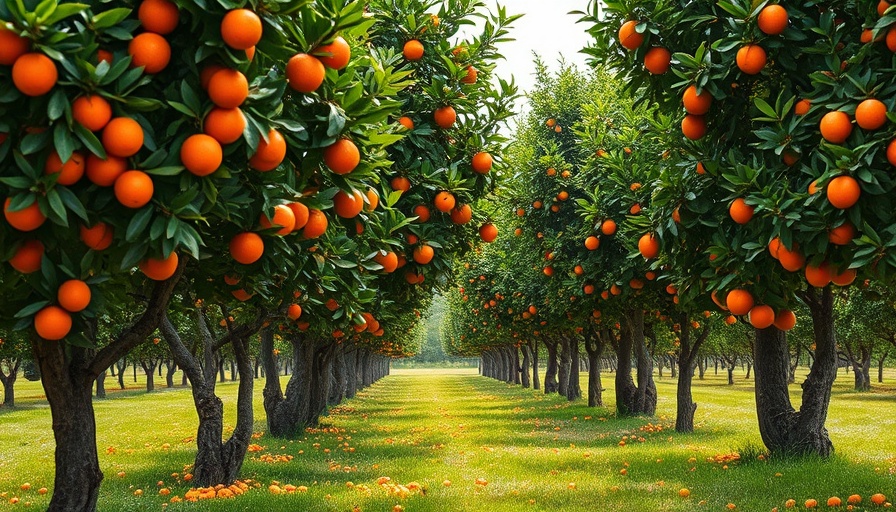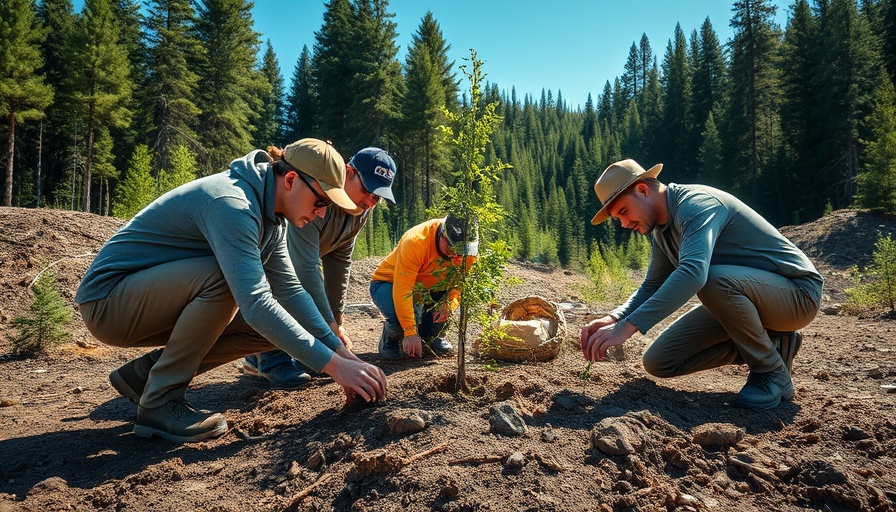
A New Agricultural Paradigm: The Future of UK Crops
As the world grapples with the looming challenges posed by climate change, a recent study sheds light on how the agricultural landscape in the UK might transform by 2080. Conducted by the UK Centre for Ecology & Hydrology (UKCEH) in collaboration with the University of East Anglia (UEA), the research reveals that shifting climate conditions could usher in a new era of crop cultivation, potentially including soy, chickpeas, grapes, oranges, and okra.
Understanding Crop Viability Amid Climate Challenges
The analysis involved assessing 160 different crops, evaluating their suitability under two warming scenarios: 2 degrees Celsius and 4 degrees Celsius above pre-industrial levels. Results indicated a concerning decline in the viability of traditional staples such as strawberries, onions, wheat, and oats, particularly under the 4-degree scenario. Notably, the effects of rising temperatures pose a dual threat: while some crops may flourish, others may face extinction from UK soil.
Embracing Agricultural Diversity for Resilience
This study not only raises alarms but also presents opportunities. New crops like sorghum and horseradish might find a fertile home in the UK, paving the way for diversified farming practices that can bolster soil health and enhance pest control. The researchers emphasize that these shifts are not merely adaptations; they could contribute to reducing meat consumption and greenhouse gas emissions by introducing protein-rich alternatives. Nevertheless, the introduction of non-native crops comes with its own set of challenges, including the risk of pests and diseases that could disrupt existing ecosystems.
Strategic Transitioning: An Economic Perspective
Transitioning to new agricultural practices is fraught with economic implications. As the study highlights, moving food production from traditional areas, especially in the southeast of England, may not be practical. The experts urge immediate action to adapt farming practices without compromising food security. With the impacts of climate change already manifesting, proactive measures must be taken to reimagine the future of agriculture in the UK—balancing immediate needs with long-term sustainability.
 Add Row
Add Row  Add
Add 




 Add Row
Add Row  Add
Add 



Write A Comment